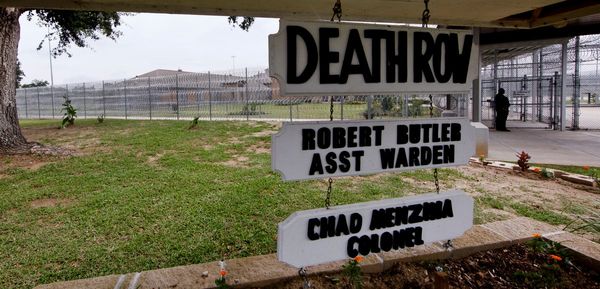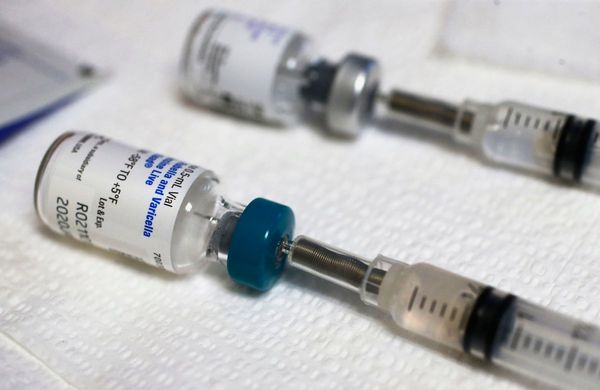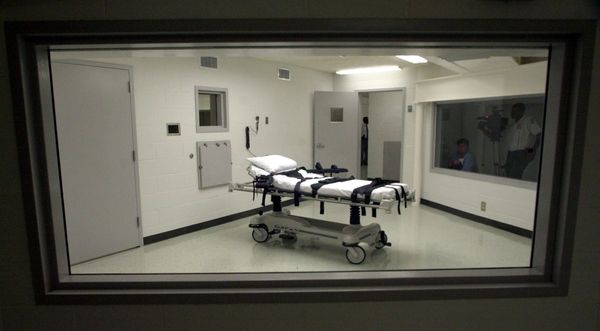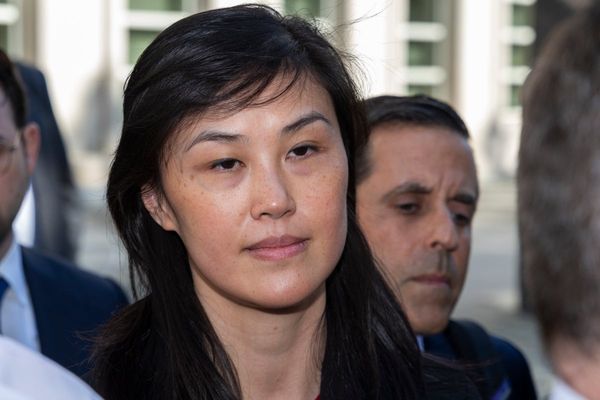
Russell Davis is a star behind the bar. The man who once helped introduce Austin to craft cocktails recently returned to run his very own watering hole in the Texas capital, Academia. While he was gone he amassed countless awards, built an international consulting company, and attained celebrity status– landing a role on Spike TV’s popular Bar Rescue series. By all measures he is on top of his game. But along the way he encountered a dark side of bar life, one that many of his colleagues are reluctant to publicly discuss. Mental health is a pervasive issue plaguing America today and perhaps no segment of society is so acutely affected as the service industry. In light of high-profile tragedies including Anthony Bourdain, John Lermayer, and others, Davis has decided to open up about his own personal struggles.
I came out of East Texas, from a dry county. So alcohol in bars had a mystique to it. In order to make money while at college [at University of Texas, in Austin] I started bartending. The bar gave me a confidence that I never had. I was a very nerdy kid that couldn’t talk to girls. I read comic books. But I loved watching bartending, I even loved the movie Cocktail. When I was a 19 years old, I worked my way up from barback to bartender and it gave me a confidence that I never had.
I traveled around on a motorcycle, reading spiritual books. I always felt a little lost, trying to find my way. Bars were something that gave me hope that I had an identity. When I was first exposed to the whole mixology thing, I thought it was a stupid fad. But then I started learning it, I started falling in love with it. I realized that the apogee of bartending was being able to create these amazing cocktails, do it fast, throw some bottles around and make it look good. That’s when I ended up getting notice.
In 2010, Davis made the move to San Francisco where he started pulling double duty behind the bar at Bourbon and Branch and Rickhouse. He quickly gained notoriety for his flashy style; speedy pours, juggling bottles, spitting flames. It was hard to miss. But while the breakneck pace was great for his image, it began to extract a physical toll. “It was destroying me internally,” he describes. “I was peeling skin out of my mouth from breathing fire. Yet externally, I was being rewarded for it. It was a fucked up balance. In this industry, you’re literally being rewarded for fucking yourself up.”
The dichotomy between professional success and personal hardship continued to widen. It hit a breaking point after Davis was recognized as the ‘Bartender of the Year’ at the 2012 Nightclub & Bar Show in Las Vegas.
After I won, everything was coming at me. And I felt like I could handle it all. But the one thing that could destroy me personally is the love of a woman. And around that same time, I was dating this girl and something happened. And it just devastated me. I was just destroyed.
I was feeling these intense highs and lows. Then I happened to see that Stanford University was doing a study for creative people who might suffer from bipolarity. I checked it out and it was there that I was diagnosed with the disease.
It was a startling realization for Davis, which would lead to the discomforting prospect of pursuing remedy in the form of prescription drugs. Compounding the treatment were the demands of his new gig on a television show, requiring bright lights and big cameras to focus a gaze on him for hours at a time.
Finding that right cocktail of medications was really hard for a little while. I was on lithium, and it would make my hand vibrate. I was having this really hard time being on camera, facing it, and trying to stay still. At my worst — even though I was living this successful image of a bartender — I would go home and I was prescribed sleeping medication. I would save a certain [lethal] amount, so that I’d always have 15 pills to take at once, just in case. There were many nights at my darkest points where I would just stare at that bottle.
Salvation came in the form of communication. Davis sought out professional therapy and talked through the feelings that were weighing on his psyche. It’s a practice he still continues to this day, sitting down on the psychiatrist’s couch several times every month. When necessary, he’ll Skype in. He encourages the same for his employees, sometimes even offering to pay for an introductory session, just to get them to feel the value of human interaction.
This industry can change you. You need to talk. You need to seek therapy. You need to find balance. I’ve found that no matter how hard things gets, when you talk to people, you realize that you’re not alone. You can seek help. You can talk it out. The stigma needs to come down. I feel like it’s my duty — and everyone’s duty — to share personal experience.
What alarms him the most about his own personal experience is that his affliction was contracted through constant exposure to high pressure situations. “There’s a PTSD element to this industry that can change you,” he explains. “Having people yelling at you all the time; having to run at a certain speed; having to always be ‘on’; and to always leave your problems behind and put on a smile, an act; you can easily develop these problems if you don’t find balance. It’s a profession where even when people take care of themselves, the lifespan is still much shorter than average.”
Today, Davis maintains equilibrium through meditation, by drinking far less frequently than in his younger years — he uses it as a ‘weapon’ to brandish during the most special of occasions, and by encouraging an open dialogue with colleagues and friends regarding the pressures of the trade. More than anything, he wants to make sure we all keep talking.
People inherently think it’s a weakness in themselves to take medications, or to talk to people about mental health. And that’s what makes it hard. They need to realize that it’s not about weakness. It’s about strength. The real weakness is not doing anything about it.
Start the conversation by contacting the Treatment Referral Helpline at 1-877-726-4727. All calls are confidential and will help you locate treatment services in your immediate area.







